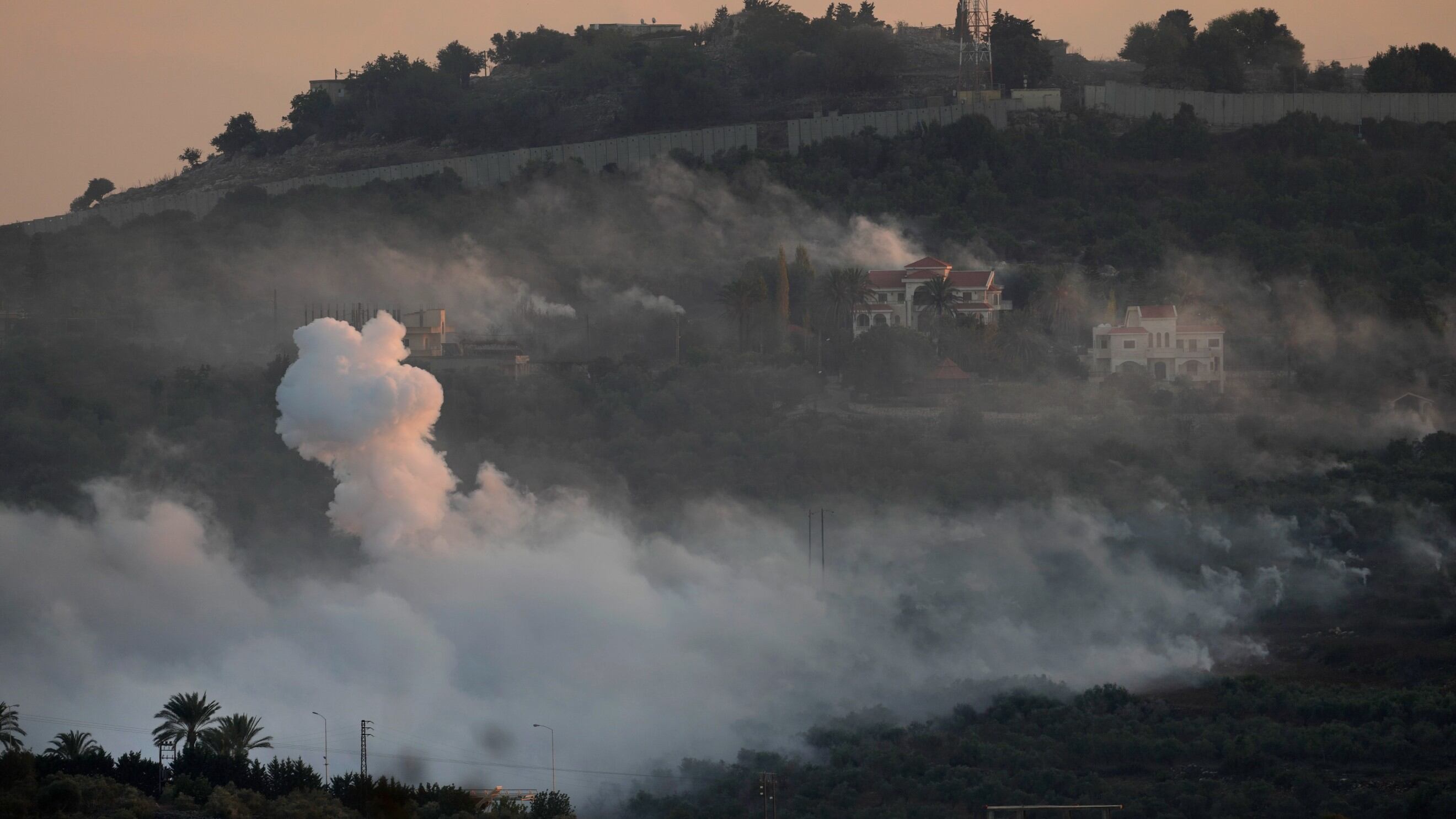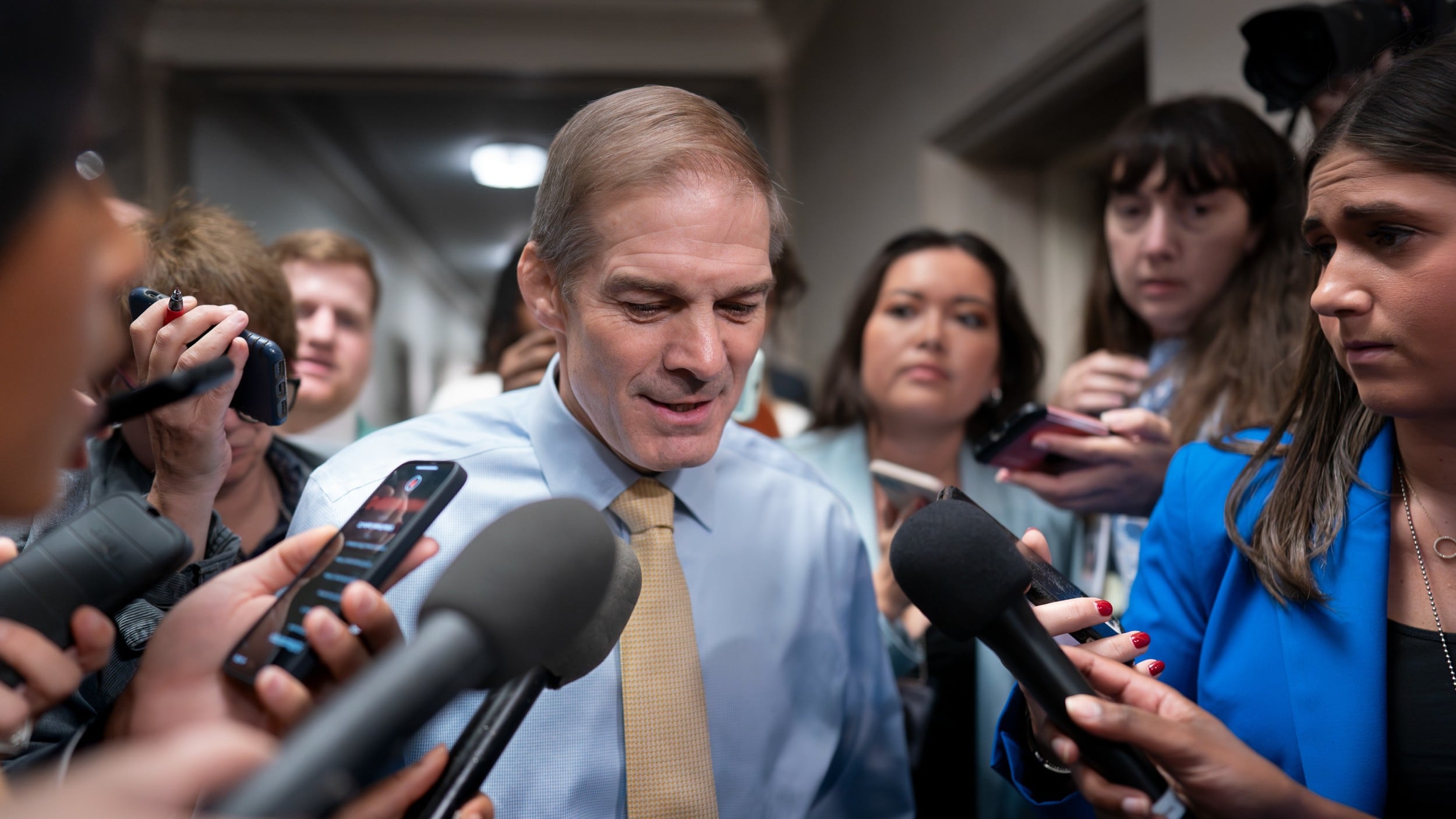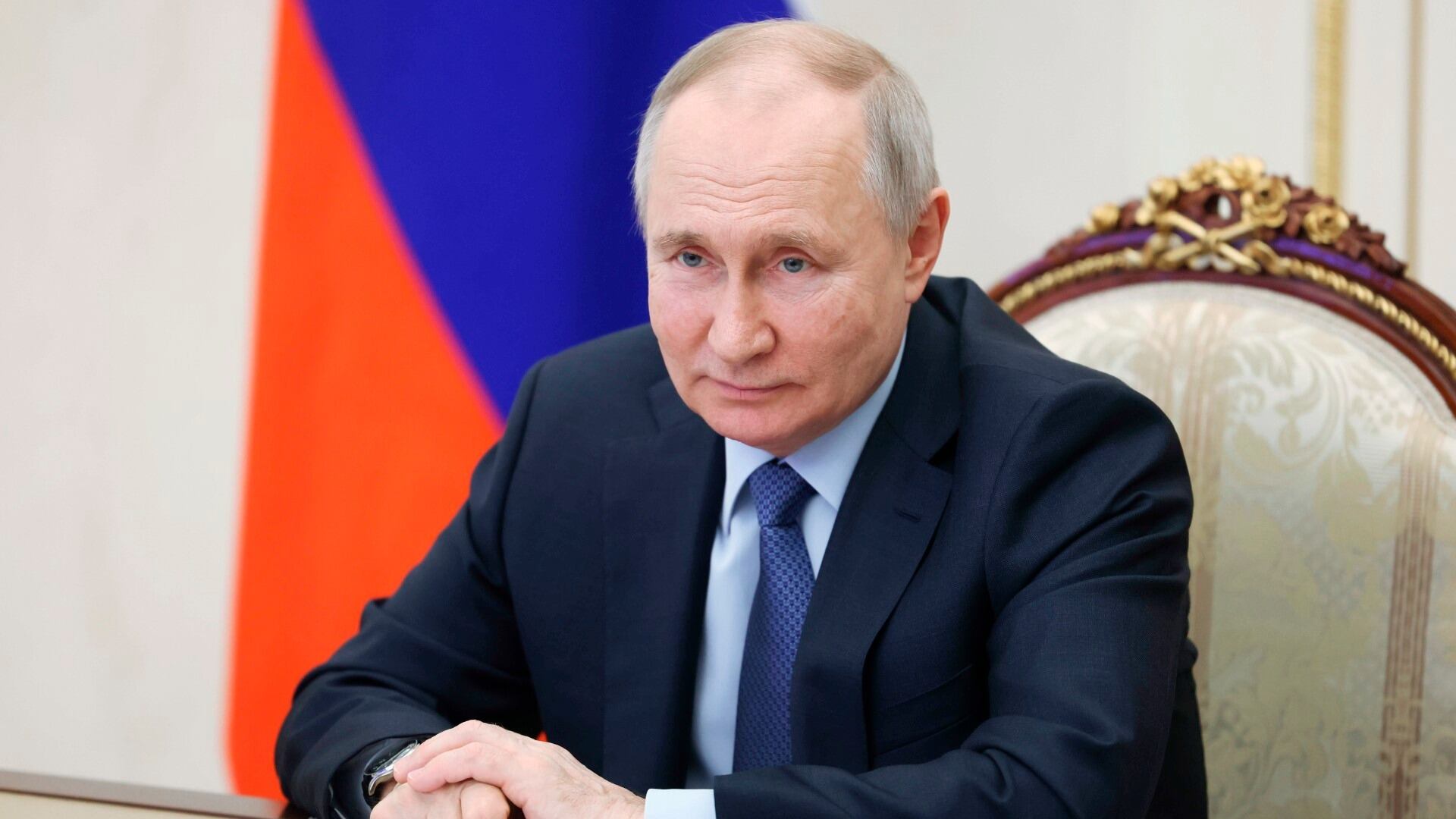When people face emergencies, whether it be acts of violence or devastating weather events, they often lean on 911 operators for aid. However, Erin Brockovich, the well-known environmental activist and consumer advocate, said, many times, those dispatchers have not been given the tools to handle such serious matters.
Emergency operators are not seen as first responders federally, but they should be, said Brockovich.
"I think that we all need to be aware they're not seen as first responders and [we need to] get them in that position of being seen as a first responder," she told Cheddar.
Understanding that emergency dispatchers are the first line of defense when it comes to rendering aid in devastating scenarios is essential to carving a path for better funding and better funding leads to better technology and more efficient operation, she explained.
Working with cloud-aided dispatch platform RapidDeploy, she also suggested that constructing a nationwide network or hub where dispatchers could share information would help them better respond to major emergencies.
Brockovich is perhaps best known from the eponymous film based on her real-life experience taking on California power company PG&E over its polluting of a community's water supply. Safe water is a cause she's still fighting for.
Just last month, Brockovich released a new book, Superman's Not Coming and What We the People Can Do About It, where she describes the lack of attention to the quality of water in the U.S. as a crisis but says it's an issue that the public can take into their hands and repair.
"We share with you in the book, many communities, who themselves, took it upon themselves to know their water, learn about the chemical, educate their neighbors, join their community, and get, right in their own backyard, their city council," she said.
Communities across the country, according to Brockovich, can affect more change in the quality of their water supply by getting involved locally, whether directly running for office or advocating for changes to their local municipalities.











